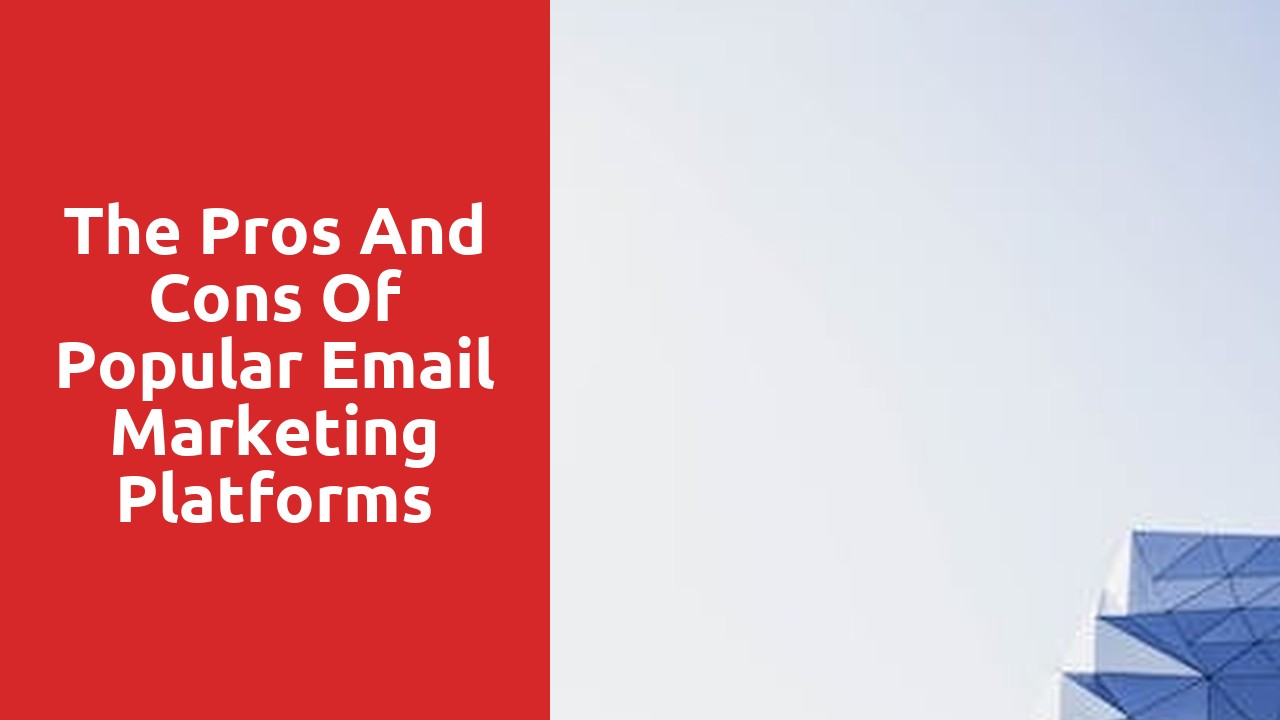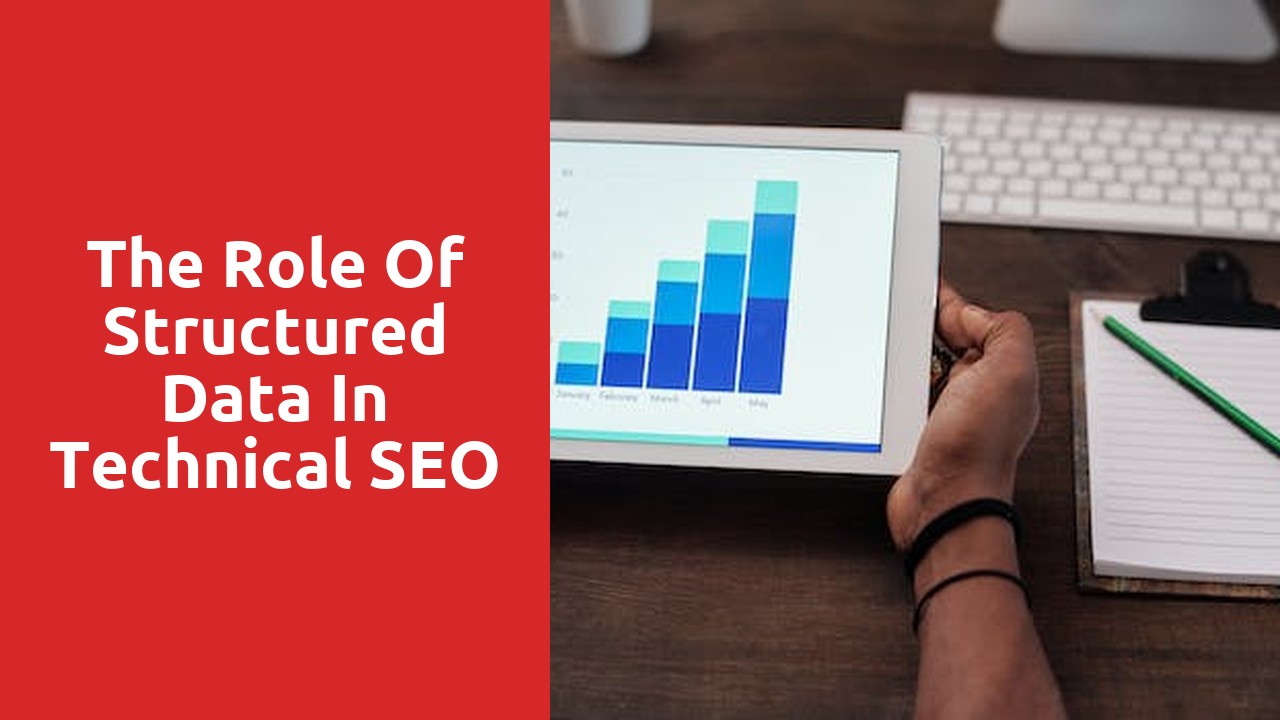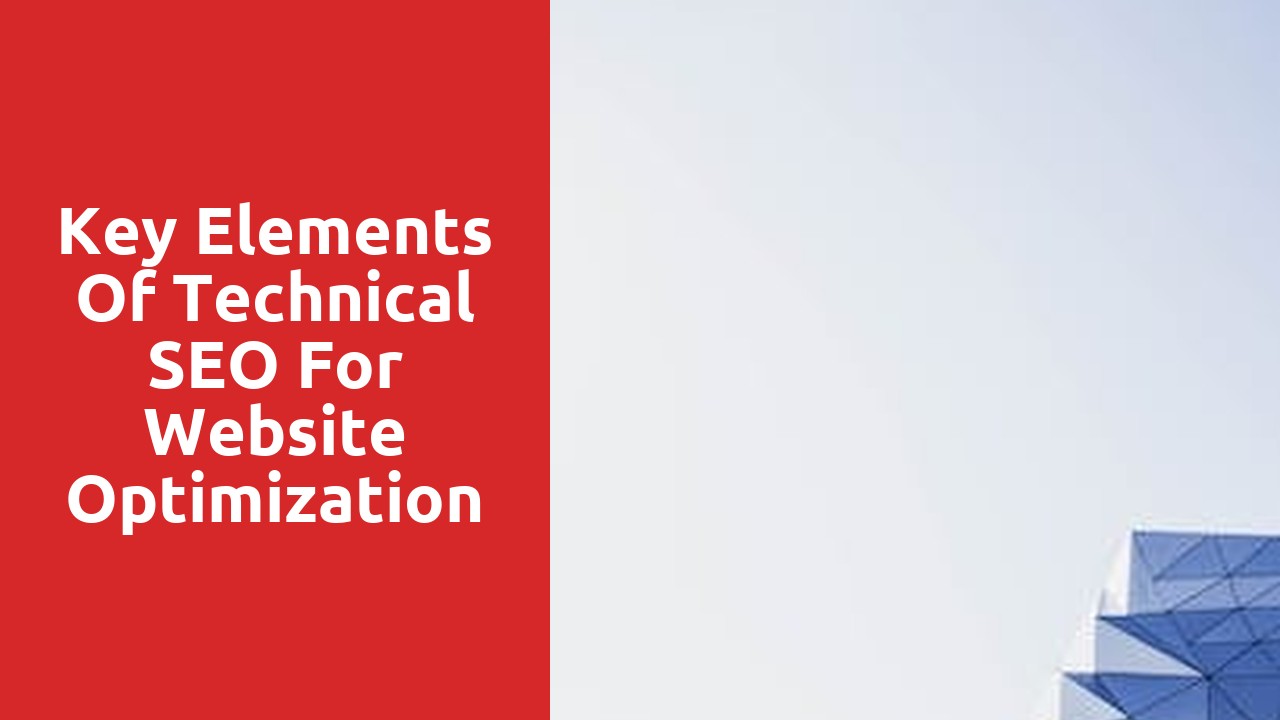Heading 1: The Importance of On-page SEO Optimization
On-page SEO optimization plays a crucial role in determining the visibility and ranking of a website in search engine results. This process involves making strategic changes and improvements directly on the website’s pages. By implementing on-page SEO techniques, website owners can enhance their site’s overall performance and increase its chances of being discovered by potential visitors.
One of the most significant benefits of on-page SEO optimization is the ability to improve the relevancy and structure of website content. This involves carefully selecting and incorporating relevant keywords throughout the website’s pages. By strategically placing keywords in title tags, meta descriptions, headings, and body text, websites can signal their relevance to search engines, ultimately boosting their visibility in search results. Additionally, on-page SEO optimization also focuses on optimizing the website’s URLs, image tags, and internal links, creating a seamless user experience and facilitating easy navigation for both search engines and users.
Heading 2: Understanding the Basics of On-page SEO
On-page SEO is a fundamental aspect of optimizing a website to rank higher in search engine results. It revolves around optimizing the content and structure of individual web pages to make them more attractive to search engines. One of the primary goals of on-page SEO is to ensure that search engines can easily understand and interpret the content of a webpage. By doing so, search engines can provide users with more relevant, accurate, and useful search results.
There are several key elements to consider when it comes to on-page SEO. Firstly, keyword research plays a crucial role in identifying the words and phrases that users are searching for. Integrating these keywords into the page’s title, headings, and body content can help search engines understand what the page is about and rank it accordingly. Additionally, aspects such as meta tags, URL structure, and internal linking also contribute to optimizing a webpage for search engine visibility. By paying attention to these on-page factors, website owners can improve their chances of ranking higher in search engine results pages and attracting more organic traffic.
Heading 2: Conducting Keyword Research for On-page SEO
Conducting Keyword Research for On-page SEO
When it comes to optimizing your website for search engines, keyword research plays a crucial role. By identifying the right keywords to target, you can effectively optimize your on-page content and improve your website’s visibility in search engine results pages (SERPs). But how do you go about conducting keyword research?
The first step is to brainstorm potential keywords that are relevant to your website and the content you provide. Put yourself in the shoes of your target audience and think about what they would search for when looking for information or products similar to what you offer. Consider both broad keywords and long-tail keywords, which are more specific and usually have less competition. Once you have a list of potential keywords, you can use various tools like Google Keyword Planner or SEMrush to analyze their search volume, competition, and other key metrics. This data will help you narrow down your list and select the most valuable keywords to focus on.
Heading 2: Crafting Unique and Engaging Title Tags
When it comes to crafting unique and engaging title tags for your website, there are a few key factors to keep in mind. Firstly, it’s essential to understand the importance of a catchy and descriptive title tag. This small snippet of text is what appears in search engine results and can greatly impact click-through rates. To make your title tag stand out, try to capture the essence of your page’s content in a concise and compelling manner. Avoid using vague or generic phrases, as these may fail to grab the attention of searchers. Instead, aim for specificity and relevance to ensure that users are enticed to click on your website.
Another crucial aspect to consider when crafting title tags is the inclusion of relevant keywords. These are the words or phrases that people type into search engines when looking for information or services related to your website. By incorporating targeted keywords into your title tag, you increase the likelihood of your page appearing in search engine results for those specific queries. However, it’s important to find the right balance and avoid overstuffing your title tag with too many keywords. This can come off as spammy and may actually harm your website’s visibility in search results. Instead, strive for a natural and organic use of keywords that accurately reflect the content of your page.
Heading 2: Optimizing Meta Descriptions to Improve Click-through Rates
When it comes to improving click-through rates, optimizing meta descriptions can play a crucial role. Meta descriptions serve as summaries for web page content and appear in search engine result pages. Crafting compelling and concise meta descriptions can significantly impact the number of clicks your website receives. By carefully selecting relevant keywords, incorporating calls-to-action, and enticing users to click through, you can improve the visibility and clickability of your web pages.
One effective strategy for optimizing meta descriptions is to prioritize relevancy. Ensuring that your meta description accurately reflects the content of the web page is essential for attracting the right audience. By including the main keywords or key phrases that users are likely to search for, you increase the chances of your webpage appearing in relevant search results. Furthermore, using descriptive language in your meta descriptions can generate curiosity and intrigue among users, further prompting them to click and explore your website. Remember, the goal is to create meta descriptions that not only accurately represent your content but also entice users to click through, ultimately driving more traffic to your site.
Heading 2: Utilizing Proper Heading Tags for Better Organization and Structure
Heading 2: Utilizing Proper Heading Tags for Better Organization and Structure
Heading tags play a crucial role in organizing and structuring a webpage’s content. When used correctly, they not only improve the readability and user experience but also assist search engines in understanding the hierarchy and importance of different sections within the page. By utilizing proper heading tags, web designers and content creators can optimize their websites for both human readers and search engine crawlers.
One important aspect to consider when using heading tags is the hierarchy. Heading 1 should be reserved for the main title of the page, while subsequent headings should be used in a logical and hierarchical manner. This not only provides a clear structure for readers but also helps search engines understand the relationship between different sections. Using heading tags properly can boost the overall organization of the webpage and make it easier for visitors to navigate and find the information they need.














